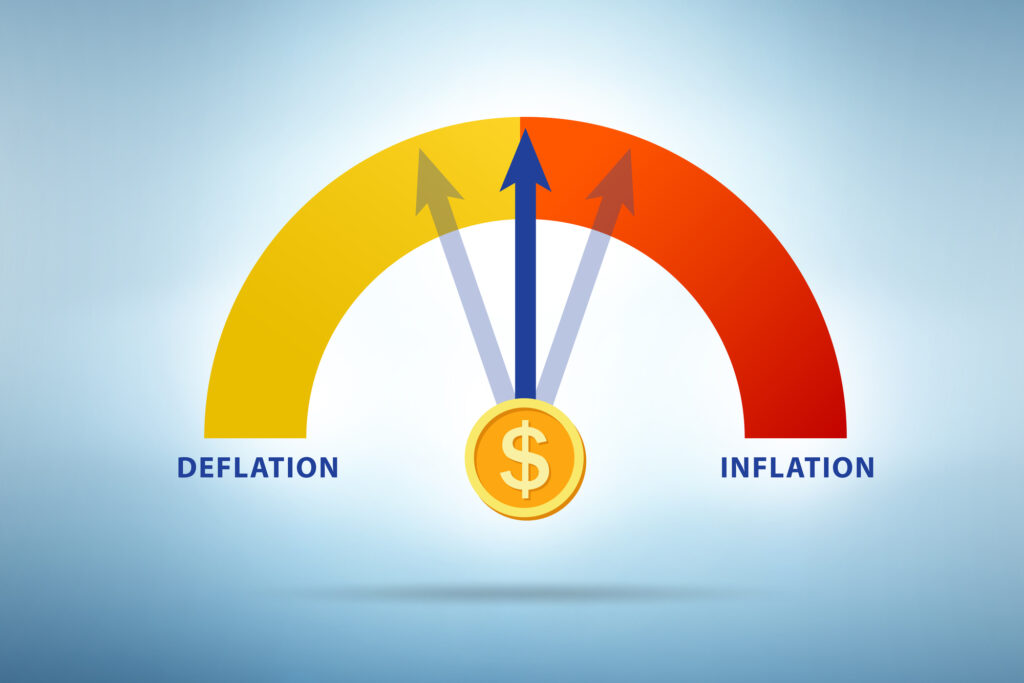When investors reach a certain level of wealth, they allocate a portion of their portfolio to income investments.
It comes back to what’s popular and what’s smart.
Let’s start with what’s popular. These traditional income investments are of the Wall Street variety. The problem with traditional fixed-income investments like savings accounts, CDs, money market accounts, annuities, and treasures is that, although they may shelter a portfolio from catastrophic failure like the Great Recession, they don’t stop the bleeding.
That’s because traditional fixed-income investments fail to keep pace with inflation.

Failing To Keep Pace With Inflation
Traditional fixed-income investments are continually outpaced by inflation. That means portfolios will still lose money with the inflation rate of the last few years.
What Wall Street wants you to believe: Income Assets = Preservation of Capital
Even the best-paying fixed-income investment like a CD is only paying close to 5.6% when the average inflation rate in 2022 was 8% and projected to be around 6.6% in 2023 (nerdwallet).
You likely will not outrun inflation if you allocate to CDs, high-yield savings accounts, money market accounts, annuities, or treasuries.
Savvy investors have long allocated funds to passive income investments to thrive in any environment. They invest in the right assets, which thrive in a recessionary and inflationary environment.
Assets that thrive in downturns are essential goods and services consumers turn to when they tighten their belts.
More importantly, these investments fall into the private markets. This means they are not traded publicly on Wall Street, where mutual funds invest money. These public companies have their valuations swing wildly from investor sentiment and the media.
Housing, specifically multifamily, is a passive income investment that can benefit from inflation.
This is because inflation can cause rents to go up (good for the investor!) assuming the loan interest rate is fixed. This results in a “win” for the investor: returns are insulated from recession and inflation can drive up profits. This is how savvy investors stop the bleeding of their portfolios during uncertain times and prosper.

Cash Flowing Assets
Because of the above-average income they produce, cash-flowing assets like multifamily or private real estate funds are ideal for buffering against economic distress. Debt and equity options exist for passively investing in these types of assets.
Private debt investments such as secured lending assets (notes, certificates, etc.) offer high-yield fixed-income options, while equity options such as partnerships in funds or syndications offer defined preferred returns along with participation in growth.
If you want to learn more about Nighthawk’s passive investing opportunities, schedule a call with one of our team members to discuss your options.

